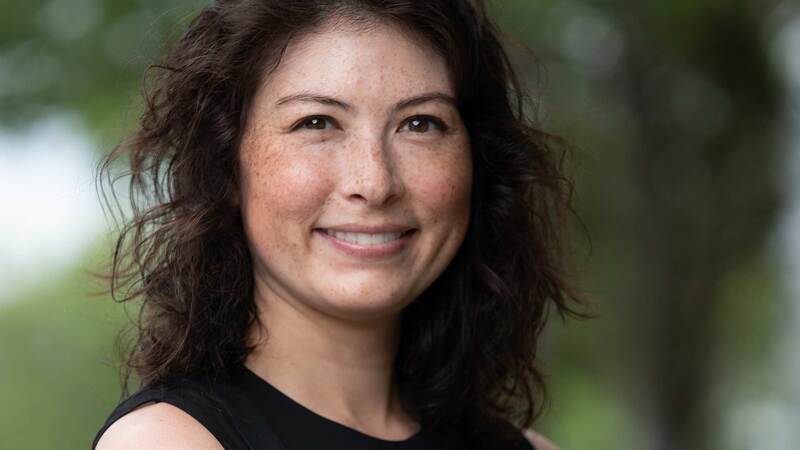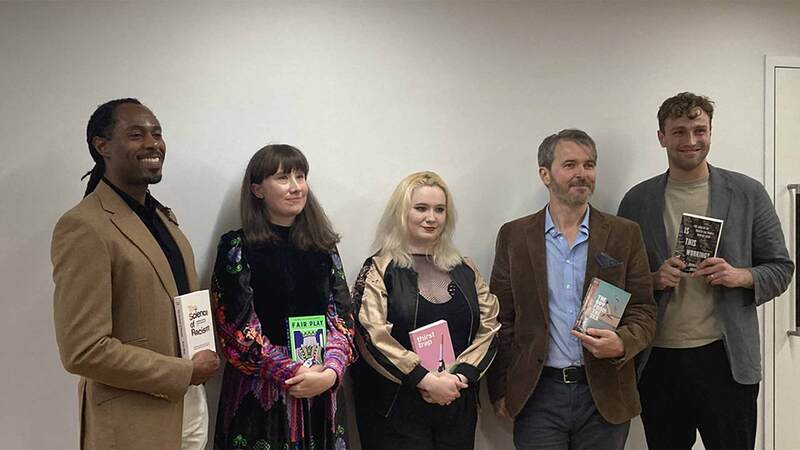You are viewing your 1 free article this month. Login to read more articles.
Picador considers updates of Clanchy book after 'racial stereotypes' criticism
Picador says it is considering how best to update future editions of Kate Clanchy's prize-winning Some Kids I Taught and What They Taught Me after the book was accused of racial stereotyping in its descriptions of children.
Clanchy's memoir, which examines her experience of teaching in state schools over several decades, attracted glowing reviews when it was first published by Picador in 2019 and went on to win the 2020 Orwell Prize for Political Writing for its "sparkling insights into modern British society".
However, the title has faced criticism on GoodReads and Twitter in recent days after several passages from it were shared. They included descriptions of a child having “chocolate-coloured skin” and another with “almond-shaped eyes”. Further excerpts included the description of a boy as “African Jonathon” while another is “so small and square and Afghan with his big nose and premature moustache”.
Those who levelled criticism at the book included Jhalak Prize founder Sunny Singh and writer Chimene Suleyman, who tweeted she was particularly concerned by “the publishing team that didn’t spot it, the awards that celebrated it, and the white authors defending it and invalidating people of colour who are upset by it”. Dr Pragya Agarwal, a writer and professor of Inequities & Social Inclusion at Loughborough University who has now written a comment piece for The Bookseller on the issue, said the passages were “shocking in the use of racialised stereotypes and tropes to describe minority ethnic children”.
On the chocolate and almond references, writer and teacher K Demi Ryans
So here’s where I’d challenge you to reflect on your characterisation of people. I’m not going to speak on everything but I will speak on the things that are part of the lens through which I experience the world. 1/
— K. Demi Ryans (@AnansiRyans) August 4, 2021
He added: “It doesn’t make you a bad person, BUT, in showing the marvels of your multicultural classroom you’ve repeatedly fetishised your students in a way that is quite uncomfortable to read but very familiar in people who mean well. The celebration has turned to ‘white gaze’ voyeurism.”
There was also criticism of the way other pupils were described in the book, with Dara McAnulty singling out the portrayal of autistic children. The bestselling teenage author, who is autistic,
Putting this properly on my page so that people can see what a certain teacher/author wrote about autistic kids in her care. Some people didn’t believe me when I shared some of my education experiences and how teachers felt about me…WE CAN UNDERSTAND HOW YOU REALLY FEEL ABOUT US https://t.co/ion1eW85zd
— Dara McAnulty (@NaturalistDara) August 6, 2021
Clanchy initally defended her work, questioning whether some phrases were actually in her book at all, saying passages had been taken out of context. She also pointed out that, among other things, she had learned from her pupils “how white I am”. The author's stance attracted support from fellow writers including Philip Pullman.
However, on 6th August she
— Kate Clanchy (@KateClanchy1) August 6, 2021
“I will continue to strive for self-knowledge about my role in the classroom and the privileges I enjoy. I will also take time to reflect upon views of the many readers of colour who have responded to my writing to put these learnings into practice in my work as both teacher and writer.”
In a statement, which was also criticised online not being apologetic or visible enough, Picador said: “Picador published Kate Clanchy’s Some Kids I Taught and What They Taught Me in 2019. We have read and understood readers’ responses to the book. We are grateful for the insights that this exchange has given us and we continue as a company to strive to become ever more inclusive. To do this we will continue to listen and learn. We are discussing the best way to update the book for future editions."



















